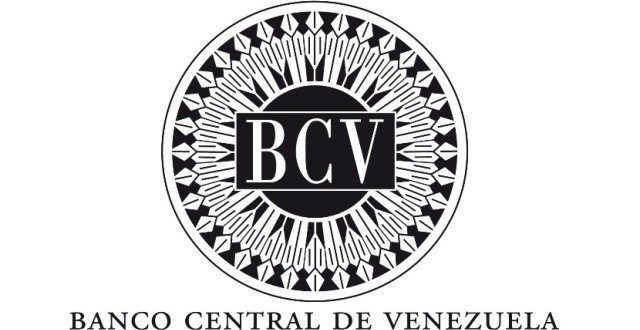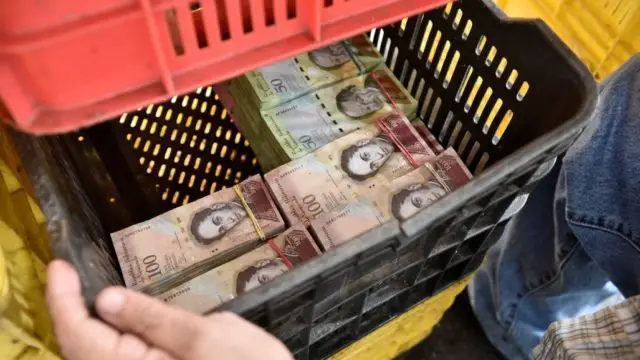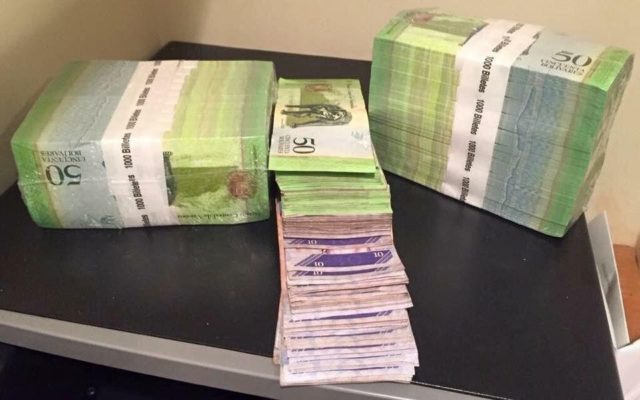With greater oil reserves than Saudi Arabia, Venezuela should be, at least, a moderately prosperous country. Instead, it has the world’s fastest contracting economy, with a rampant inflation heading towards more than seven hundred percent (700%) and shortages of food and medicine that have pushed the poorest strata of its nearly thirty (30) million people almost to the edge of a humanitarian crisis. In a general sense, one (1) of the commonest ways to recognize the contraction of a country’s economy is, undoubtedly, through the devaluation of its national currency. Believe it or not, Venezuelan bank notes are now worth less than the security paper on which they are printed. Ironically, Venezuela deals with a currency that some time ago represented Latin America’s most powerful petrol-economy. Today, it is almost a valueless symbol for one (1) of the most dramatic reverses in a country’s fortune. Paradoxically, the once proud face of the Venezuelan independence hero Simon Bolivar stamped at the front side of the one hundred (100) bank notes, now gazes from a stack of notes dumped in a cardboard box placed right on the floor of any supermarket. But we clarify that, absolutely, no disrespect is intended at this point. There is simply not enough space in the till for the daily thick wads of bills that everyday consumers have to carry with them just to pay for their food supplies.  In that sense, commercial transactions would be easier for common citizens when the Central Bank of Venezuela (BCV) authorizes to put into circulation notes with higher denominations than one hundred (100) bolivars (Bs), which are worth less than ten (10) US cents (¢). But, until December 2015, the BCV seemed reluctant to implement a measure that would confirm a level of hyper-inflation as never seen in Latin America since the economic crises in Brazil and Argentina in the decades of 1980s and 1990s, respectively. As a consequence, local people have to pay for everything in the equivalent price of United States dollars (US$) but with a highly devalued income expressed in Bs. To compensate this new reality, some weeks ago the BCV has announced that new bank notes, of higher denominations than the current ones, will be put into circulation for next December 2016, at the time that the old notes will be recollected for their recycling. All this, as a consequence of the hyper-inflation that significantly reduces the real value of the one hundred (100) Bs bills –less than US ten (10) cents. The new bank notes –which will be printed as five hundred (500), one thousand (1,000), two thousand (2,000), five thousand (5,000), ten thousand (10,000), twenty thousand (20,000), and fifty thousand (50,000) Bs, respectively– are expected to be released in December, 2016, according to the BCV. Meanwhile, most banks have reported daily problems with cash dispensation to their clients because of an ever-increasing demand for high denomination notes.  With regard to the foreign currency exchange, the Marginal Currency System (SIMADI) –Venezuelan government’s protocol– rates six hundred sixty-three point eighty-six (663.86) Bs per one (1) US$ [updated: November 30th, 2016]. But on the other hand, according to the website Dolar-Today, one (1) US$ is currently rated four thousand five hundred eighty-seven point seventy-three (4,587.73) Bs on the so-called black market [updated: December 2nd, 2016]. Sadly, many Venezuelans still have to carry wads of bills in bags or shoe boxes instead of wallets because of an unstoppable inflation and a declining currency value. Of course, this situation increases the number of bills needed for everyday purchases. The panorama is expected to get much worse as days pass by. Accumulated inflation, already the highest in the world, could end the current year at more than seven hundred percent (700%). To sum up, putting into circulation new higher denomination bills right at the end of 2016 is, somehow, an inevitable measure that the BCV must have implemented at least two (2) years ago when the first symptoms of a hyper inflationary process were just starting. Hopefully, this new series of bank notes is expected to improve the cash flow for most commercial transactions in Venezuela. But at the same time, this is also a signal of the financial breakdown of a country holding the world’s highest inflation rate. |
VENEZUELA’S NEW BANK NOTES
The Financial Breakdown of a Country holding the World’s Highest Inflation Rate
Must Read
- Advertisement -
SourceAbelardo Canelo
